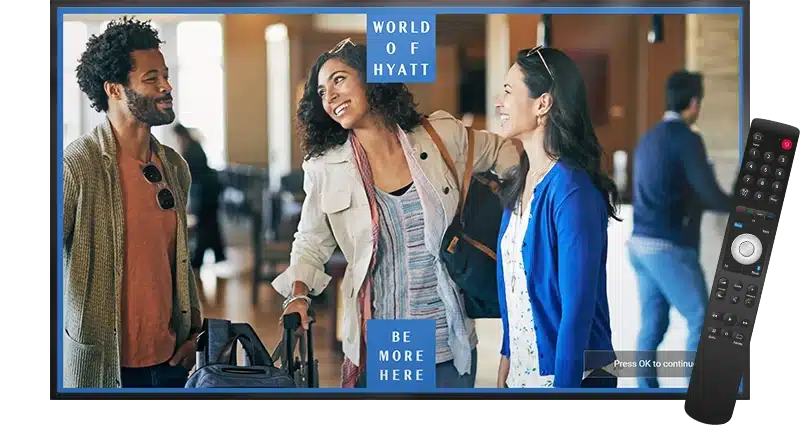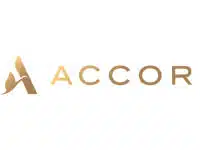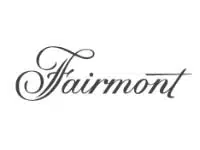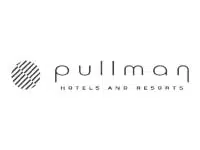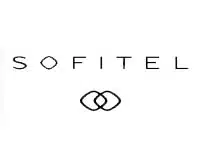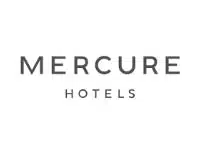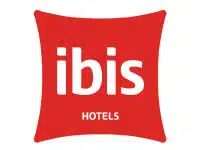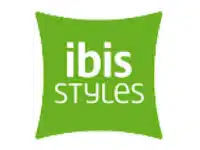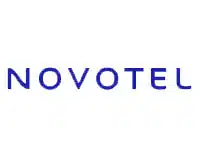In today’s news, we often see reports of cyber-attacks on organizations and government bodies. The ramifications of an attack can be huge. As a result, many organizations spend heavily to create the most secure IT environment possible.
It is almost impossible to create an altogether ‘attack proof’ environment. Still, there are many steps that can make infrastructure less susceptible. In general, the more closed a system is, the less likely a threat is to make it through.
One sector that can be more vulnerable than most is the hospitality sector because communal devices and computers are often available for guests to utilize.
The best way to reduce these devices’ vulnerability is to ensure they have virus protection, are managed centrally, and all operating software is kept up to date. The latter is often overlooked, but major software vendors continually release updates that mitigate new cybersecurity risks.
In January 2020, Microsoft withdrew support for Windows 7, and in January of this year, Windows 8 saw the same fate. The surprising statistic is that as of December 2022, over 2 years since support ended, over 11% of desktop computers are still running Windows 7*.
Many devices run legacy operating systems because hardware reliability has increased, meaning many computers keep running without issue. Often, this means the problem of outdated software simply goes under the radar. To counteract this, many organizations have implemented determined hardware cycles to ensure that all computers and devices are refreshed regularly. It is not unusual for companies to conduct this every 3- 5 years. This sounds expensive, but the costs are insignificant when compared to the operational losses and potential fines or compensation associated with a cyber attack.
Internet access is an essential part of any guest’s stay. Usually, they use their own devices, which pose little threat. However, when accessing the internet via communal devices, every session comes with a risk of malicious software, usually from a website or by USB devices storing infected files. So, it is imperative that these types of computers and devices are up to date and running the most secure and advanced software. It improves the customer experience by providing the latest features and interface design and provides an extra layer of protection for your IT systems.
We recommend replacing devices running Windows 7 or 8 devices with a new Windows 10 or 11 workstation to ensure access to the latest security updates and mitigate risk to guests and your business.
* https://gs.statcounter.com/windows-version-market-share/desktop/worldwide/#monthly-202006-202207 StatCounter Global Stats. Statistics as of December 2022. Retrieved 10/01/23
Acerca de Uniguest
Uniguest es un líder mundial en el suministro de soluciones tecnológicas conectadas que permiten a los sectores de la hostelería, la tercera edad, los deportes/estadios, el ocio, el comercio minorista, la educación, la administración pública, las empresas y los negocios interactuar con su público. Uniguest está muy centrada en crear relaciones profundas con los clientes, como demuestra su puntuación NPS más reciente de 81. Uniguest proporciona soluciones tecnológicas llave en mano que incluyen paquetes de soluciones de hardware y software, servicios profesionales, implementación de sistemas y asistencia multilingüe 24 horas al día, 7 días a la semana, 365 días al año.
La familia Uniguest incorpora las marcas y tecnologías Touchtown, Onelan, Tripleplay, MediaStar, Sagely, Volara, Planet eStream, UCView, Janus Hospitality y Otrum.
Contacto con los medios de comunicación: Stephanie Scott, Jefa de Marketing, stephanie.scott@uniguest.com
